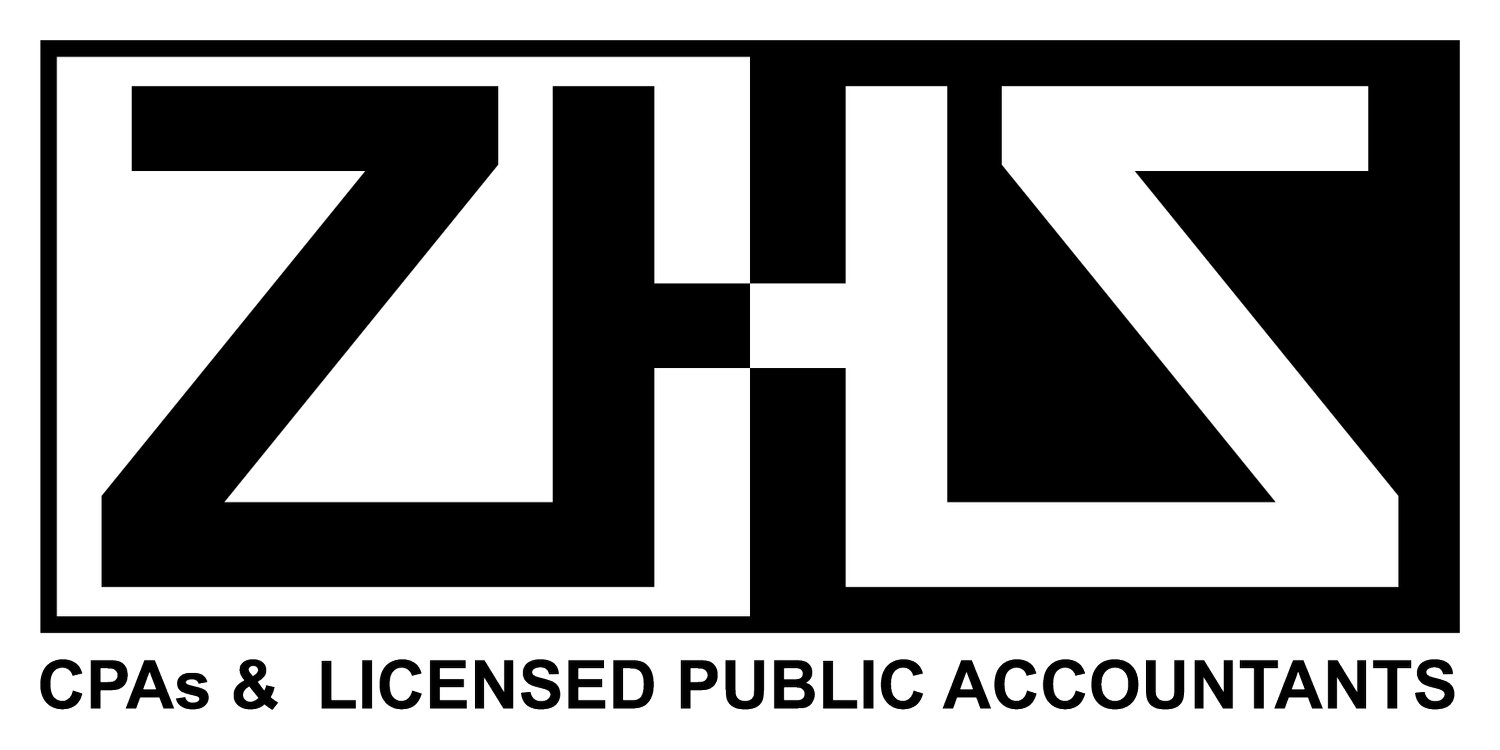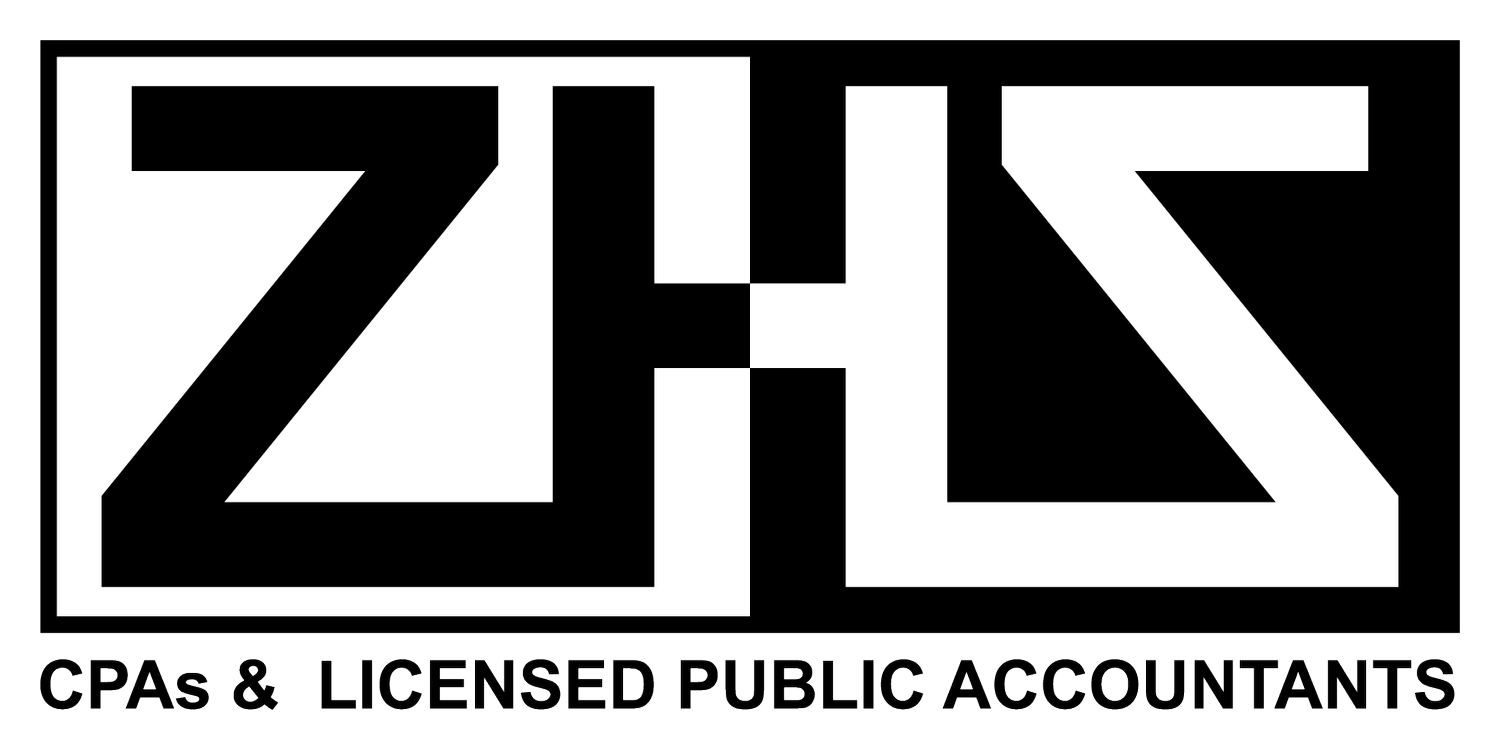Canada Tax Changes that Will Come into Effect in 2024
Some important tax rule changes will take place in 2024 that may affect you as an employee or an employer. The amount you owe in taxes will directly change as a result of these changes.
Let’s dive in to know these key changes.
Changes to the Alternative Minimum Tax Regime
In the federal budget 2023, the Canadian government proposed an increase to the current alternative minimum tax (AMT) threshold and rate to include more high-income individuals in the regime.
The new proposal is to increase the AMT rate from 15% to 20.5% and the exemption amount from $40,000 to $173,000.
The proposal also includes changes to the existing exemptions and new threshold rates for income items.
● Basic Exemption: 🔺$173,000 from $40,000
● Rate: 🔺20.5% from 15%
● Capital Gains Inclusion: 🔺100% from 80%
● Employee Stock Options: 🔺100% from 50%
● Miscellaneous Deduction:🔻 50% from 100%
○ Employment expenses, childcare, disability, moving, non-capital losses carryover, deductions for workers’ compensation plans.
● Non-Refundable Tax Credits:🔻 50% from 100%
Changes to the federal AMT regime also mean an automatic adjustment to the provincial AMT rates. Therefore, the provincial AMT rate changes will also take place in 2024 and beyond.
The CPP Second Ceiling Introduction
An important development in the income tax regime in Canada is the introduction of the second ceiling of income for the Canadian Pension Plan (CPP) contributions.
The basic exemption for CPP contributions remains the same at $3,500. The maximum pensionable earnings for 2023 and 2024 are $66,600 and $68,500 respectively. The CPP tax rate is 5.95%.
The CPP2 (the second ceiling) applies to Canadians earning above $68,500 up to a maximum of $73,200. The change takes place in 2024 and beyond.
It means the employee and the employer will each make a maximum contribution of $3,867 (CPP1) plus $188 (CPP2) calculated as $73,200 - $68,500 = $4,700 * 4% in 2024.
Employment Insurance (EI) Rate Increase
The Canada Employment Insurance Commission (CEIC) sets the employment insurance (EI) rates yearly based on a seven-year forecast.
The CEIC has increased the EI rate for employees’ contributions from 1.63% in 2023 to 1.66% in 2024 and the employers’ portion from 2.28% to 2.32% in 2024.
The maximum insurable earnings amount has increased from $61,500 to $63,200 in 2024. It means the employee’s portion of EI will be $1,049 and the employer’s portion will be $1,469 in 2024.
BPA, RRSP, and TFSA Dollar Amount Changes
The basic personal amount (BPA) is $15,705 in 2024 up from $15,000 in 2023. The high-income individuals go through an income test and as such this increase does not relate to their income taxes.
Similarly, the income tax brackets are adjusted by 4.7% for inflation for the year 2024. The indexing factor is smaller as compared to the 6% that was used for the previous year as the annual average inflation comes down in the past 12 months.
The registered retirement savings plan (RRSP) contribution limit is $30,780 for tax year 2023 and the maximum contribution is still capped at 18% of your entire income.
The tax-free savings account (TFSA) contribution limit is increased from $6,500 in 2023 to $7,000 in 2024.
New Reporting Requirements for Trusts
For the first time, the Canadian government has introduced reporting requirements for “bare trusts”. These trustees are usually spouses, kids, or common-law partners who have no practical involvement in a property but only legal ownerships to their names.
Although the bare trustees do not need to pay any taxes as they do not receive income through bare trusts, they must report any appointments on form T3s from next year.
Changes to the Short-Term Rental Deductions
The Canadian federal and provincial governments took measures to control the misuse of residential properties for short-term rental uses in the past as well.
Now, the federal government will deny any expense deductions on properties that are non-compliant with the provincial or municipal short-term rental laws.
GST Exemptions for Certain Medical Professions
An important move from the federal government came through the goods and services tax (GST) exemption for psychotherapists and counseling therapists.
The socially beneficial move could cost the federal government a total of $64 million of tax collection losses in the next 5 years but the government said it wants to ensure its citizens get the care they deserve.
Research References:
● Changes to the Alternative Minimum Tax as Proposed in Budget 2023 (publications.gc.ca)
● Canada Employment Insurance Commission confirms 2024 Employment Insurance premium rate - Canada.ca

